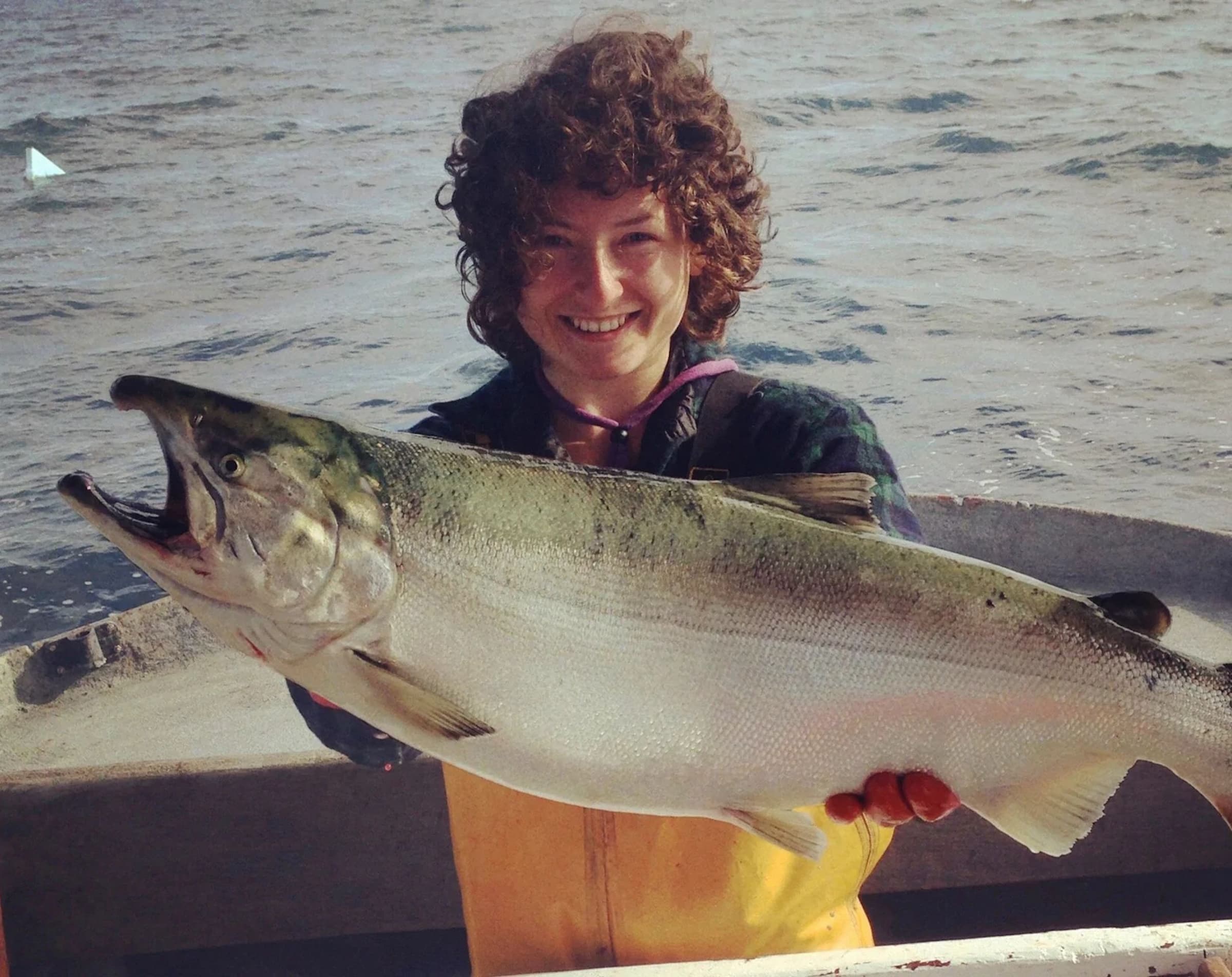Iris and her husband, Chris, are technically self-employed, but Iris jokes that she and her family answer to another authority: fish. “Fish is boss,” she laughs, “They are the cornerstone of our lives. Everything we have and do is in thanks to the fish.” Indeed, Iris and Chris designed their entire lives around the pursuit of catching fish as independent owner-operators of the 47-foot sailboat troller, the F/V Orion.
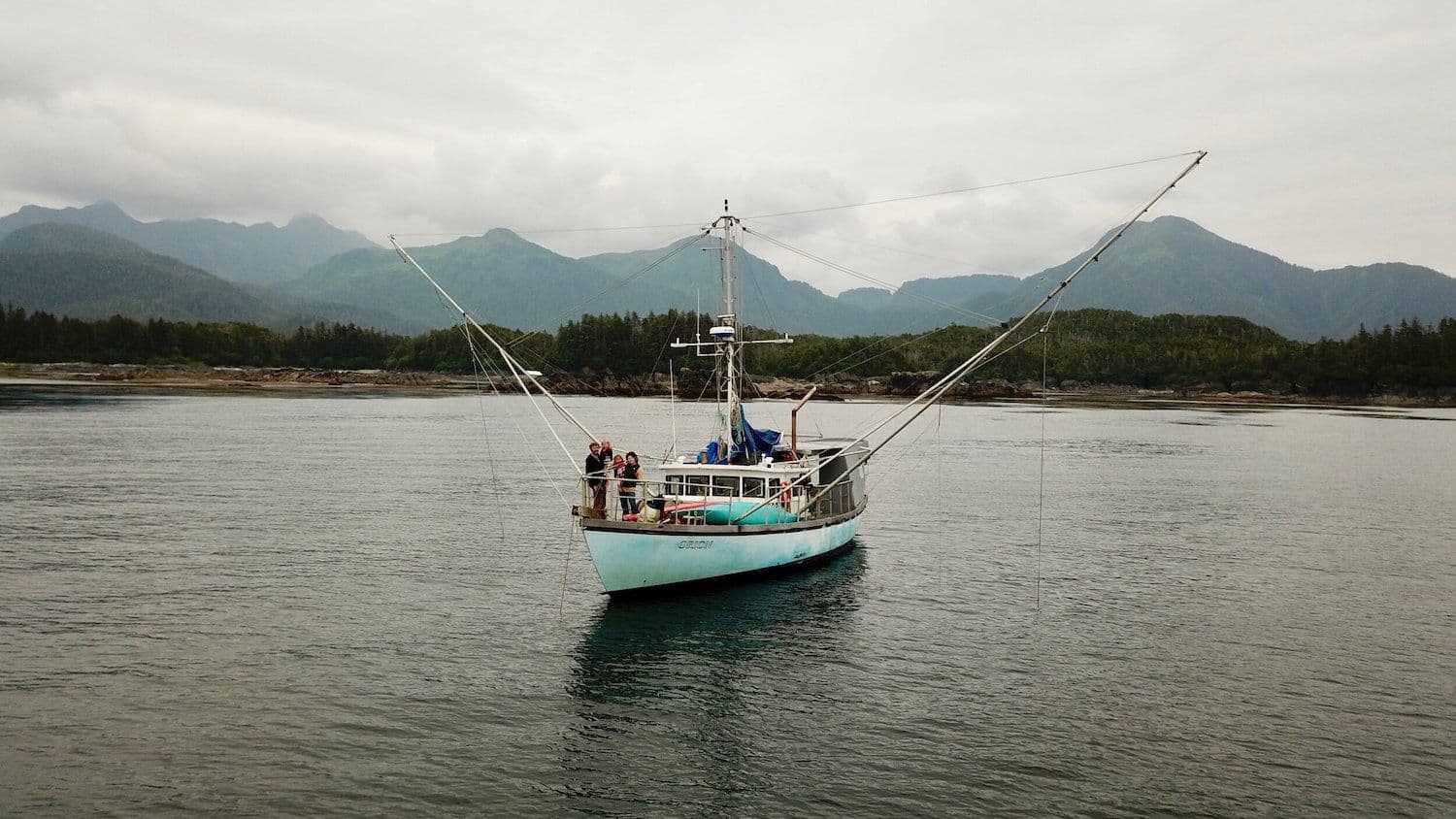
Iris was born in Petersburg, Alaska to a fishing family. Her father commercially fished in various fisheries across Alaska—including Bering Sea king crab back in its peak in the 1980s. Together her parents founded Benson Sea Farms, an oyster farm outside of Kake, which was the passionate venture that brought them to Alaska.
However, Iris’s first experience working in the fishing industry herself wasn't until age 19 when she started tendering on the Deer Harbor II. That summer she hardly had any contact with people outside of the tender crew, besides the fishermen, that is. One of those fishermen was Chris Nash, a third generation commercial fisherman from Juneau. Iris and Chris met and started dating mere months before the summer salmon season. Chris worked on his family’s troller and just so happened to sell fish to only one tender that summer, the Deer Harbor II. Fate seemed to have intervened in Iris’s life.
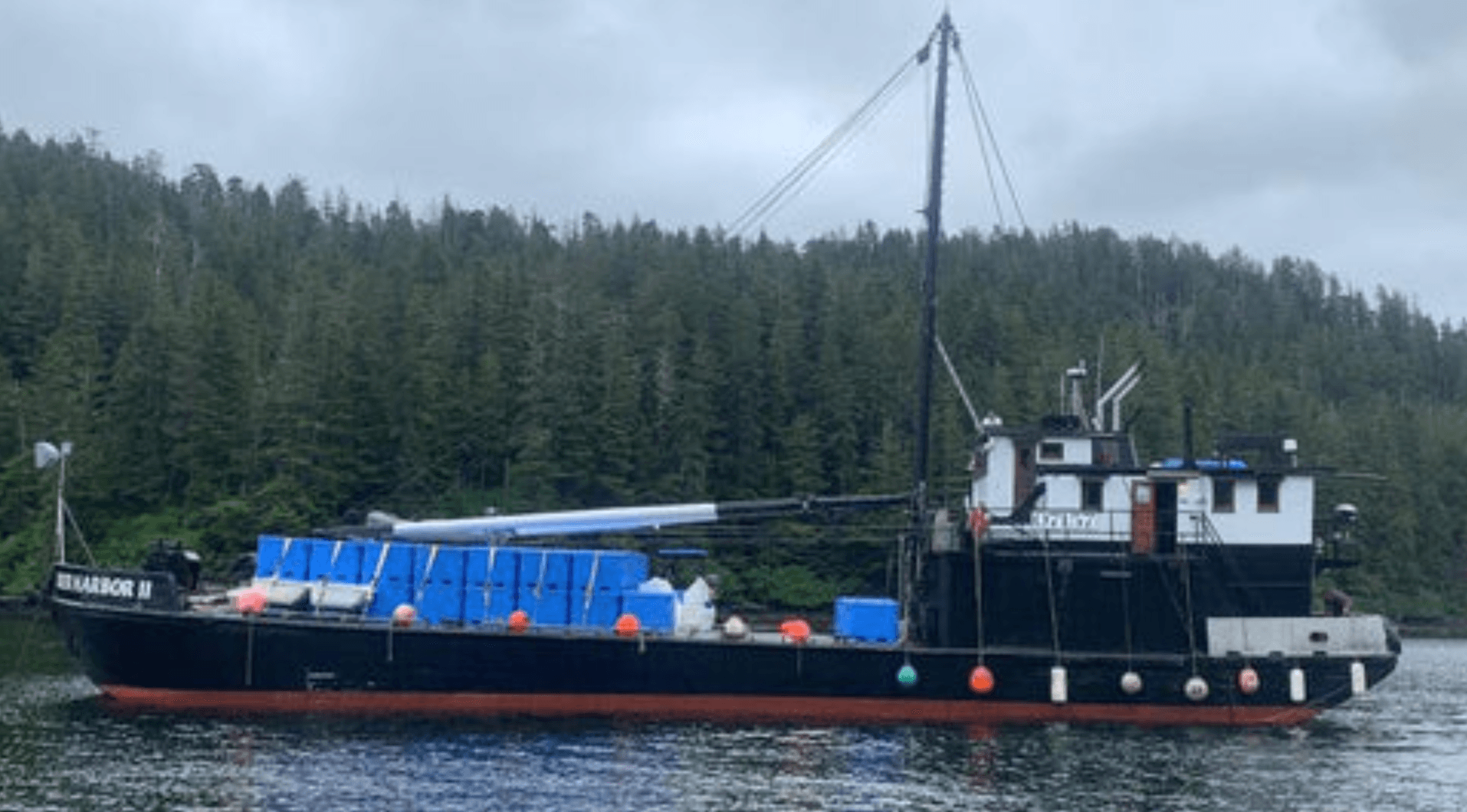
“After that first year on a tender I never really wanted to leave [Alaska] again,” says Iris. The next summer, she and Chris leased his father’s boat. It was Chris’s first year as captain and Iris’s first season fishing. They ran the troll gear, gutted fish, and performed routine boat maintenance elbow-to-elbow as a team for years.
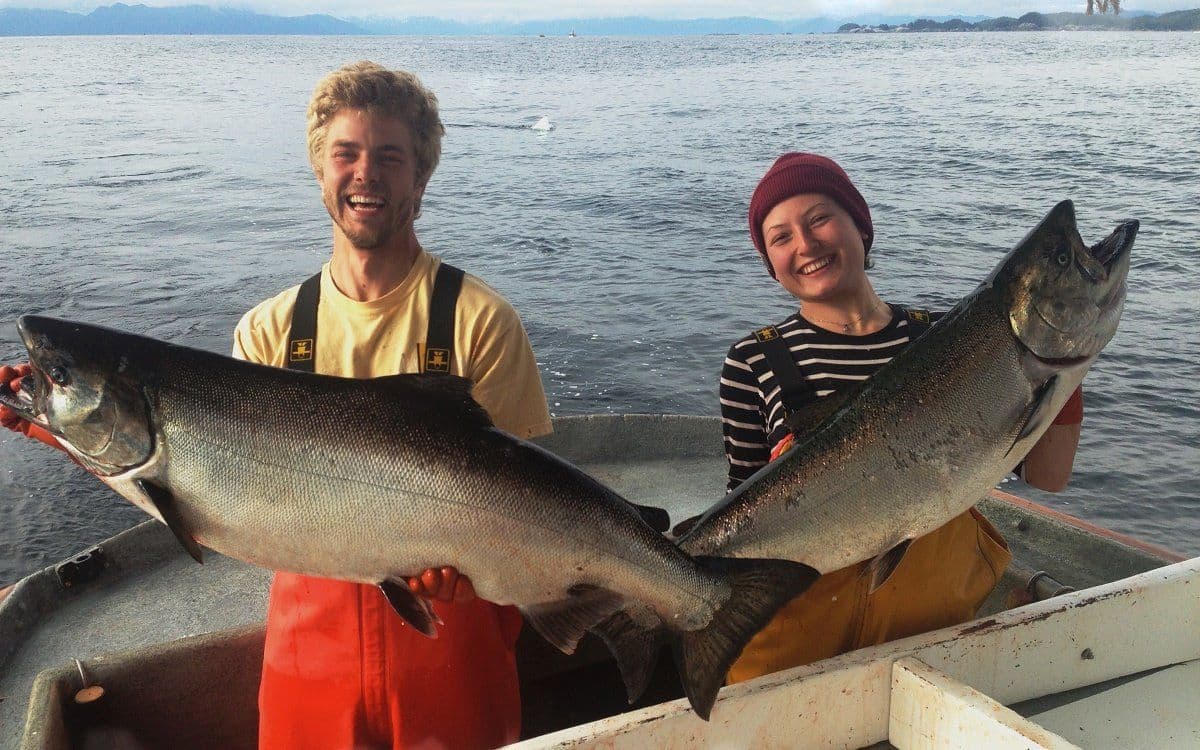
It was after a morning of pressure-washing the boat that they decided on a whim to skiff out to an island and (very) quietly get married. Only two other people were present besides the officiant. “It was lovely,” recalls Iris. And since it was the middle of salmon season, they went right back to the boat once they had exchanged their vows.
Two years later they had made enough money leasing Chris’s father’s boat to buy their own fishing vessel, the Orion. That same summer their first child, Yakobi “Kobi,” was born (he shares a name with one of our Trusted Partner processors which is also named after Yakobi island located in Southeast Alaska). He was joined two years later by his younger brother, Espen.
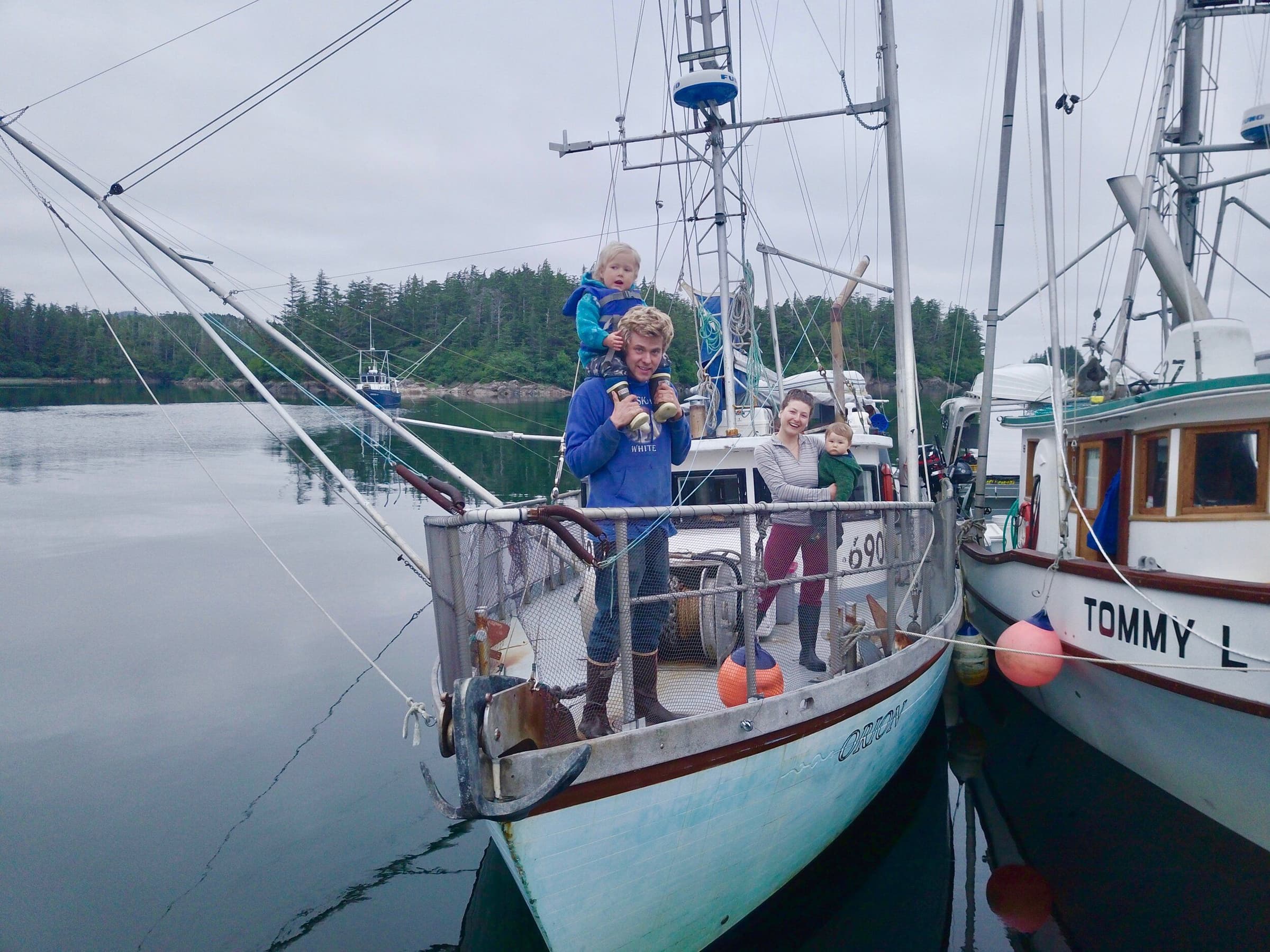
What’s it like to be full-time parents and fishermen? Iris grins while summarizing it succinctly, “It’s pretty bizarre.” She finds that the peculiarities of doing both is what makes it so important to her that she and Chris are able to raise their kids in a thriving, small-boat commercial-fishing community like Sitka where they’re surrounded by other fishermen who “just get it and don’t expect us to have it all together all the time.” It's particularly helpful to be surrounded by generations of fishing mothers who understand the challenges and can pass down their insight and advice.
Iris strikes an impressive balance between raising two kids and running a family fishing business, but to say the lifestyle is demanding is an understatement. Much like raising children, fishing is dynamic and all-consuming. When the Nash kids ask why their Dad has to go out fishing when there’s something they want to do in town, Iris explains to them, “The fish is our boss. We have to abide by what’s gonna make sense for the fish.” She continues, “Everything is defined by what works for the fishery—you can’t take it personally. We put all of ourselves into it."
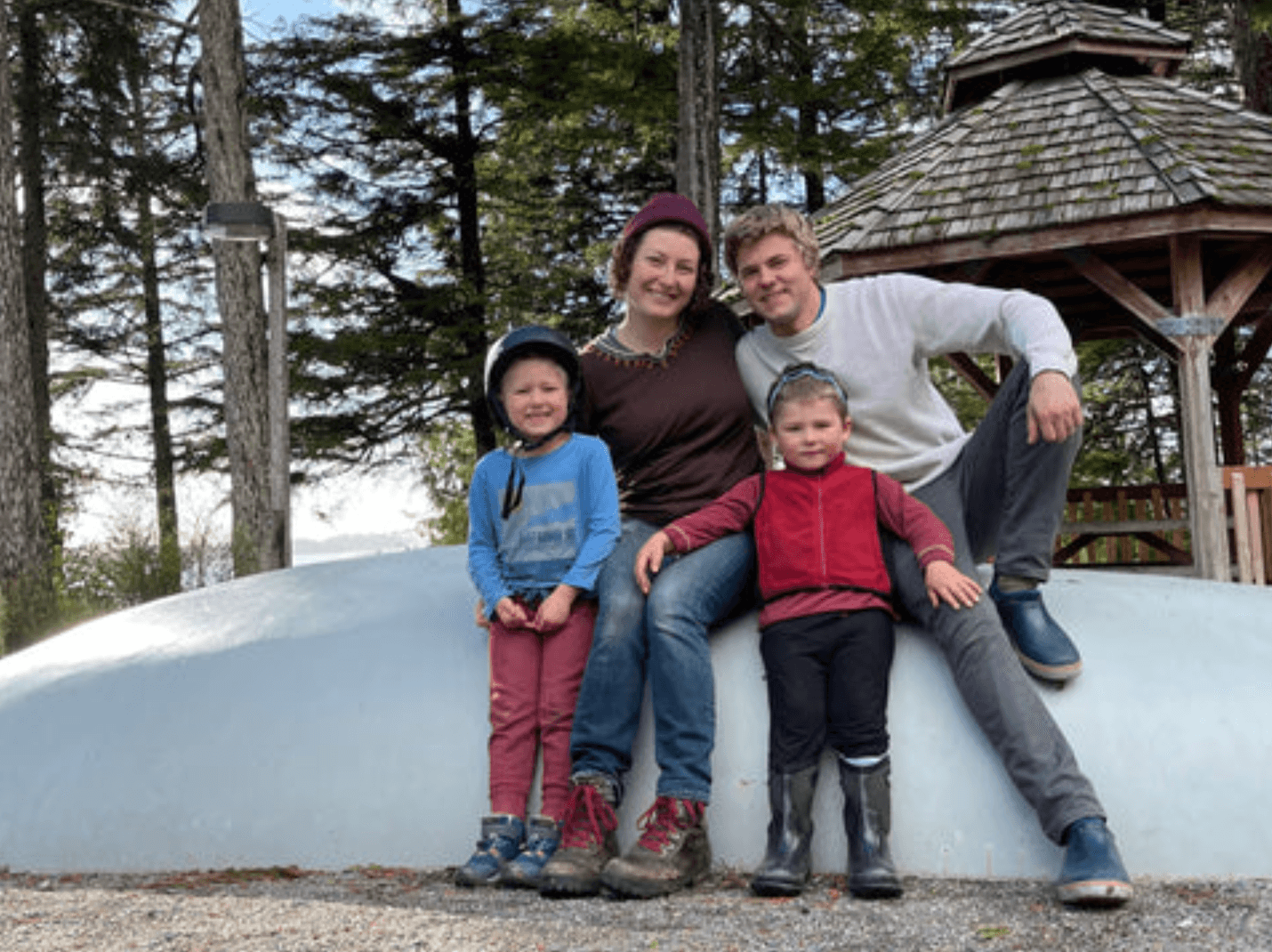
Even though adapting to the whims of nature can be challenging—and at times, downright exhausting—Iris says that she wouldn’t trade it for anything. In fact, part of what she loves about her family’s distinctive fishing lifestyle is that it’s all-consuming. “What I really love about working on the ocean is that it constantly challenges you in a way that forces you to be fully present. The challenges that you face are concrete and real, not imagined,” says Iris. And she doesn’t face these challenges alone, either. Iris is surrounded by her family and the broader community of fishermen in Southeast Alaska that are (both literally and figuratively) in the same boat. Iris muses that, funnily enough, “we feel closer to our friends when we’re on the outer coast of the Pacific Ocean than we often do in town.”
That profound sense of community amongst fishermen, just like the work, isn’t abstract—it’s tangible. “When we’re out there,” Iris says, “there’s always that camaraderie.” Iris describes a feeling of generosity and collaboration that spans navigating issues both large and small. At it’s most extreme, cooperation between fisherman can mean the difference between life and death. Safety is of paramount importance on a fishing boat and doubly so with two young kids. “If someone’s in trouble, you drop any question of if you’ve not been on the same page and you help each other out,” says Iris. She recalls times when she and Chris have towed other boats back to town, as well as times when they’ve had to call on friends or strangers to do the same for them.
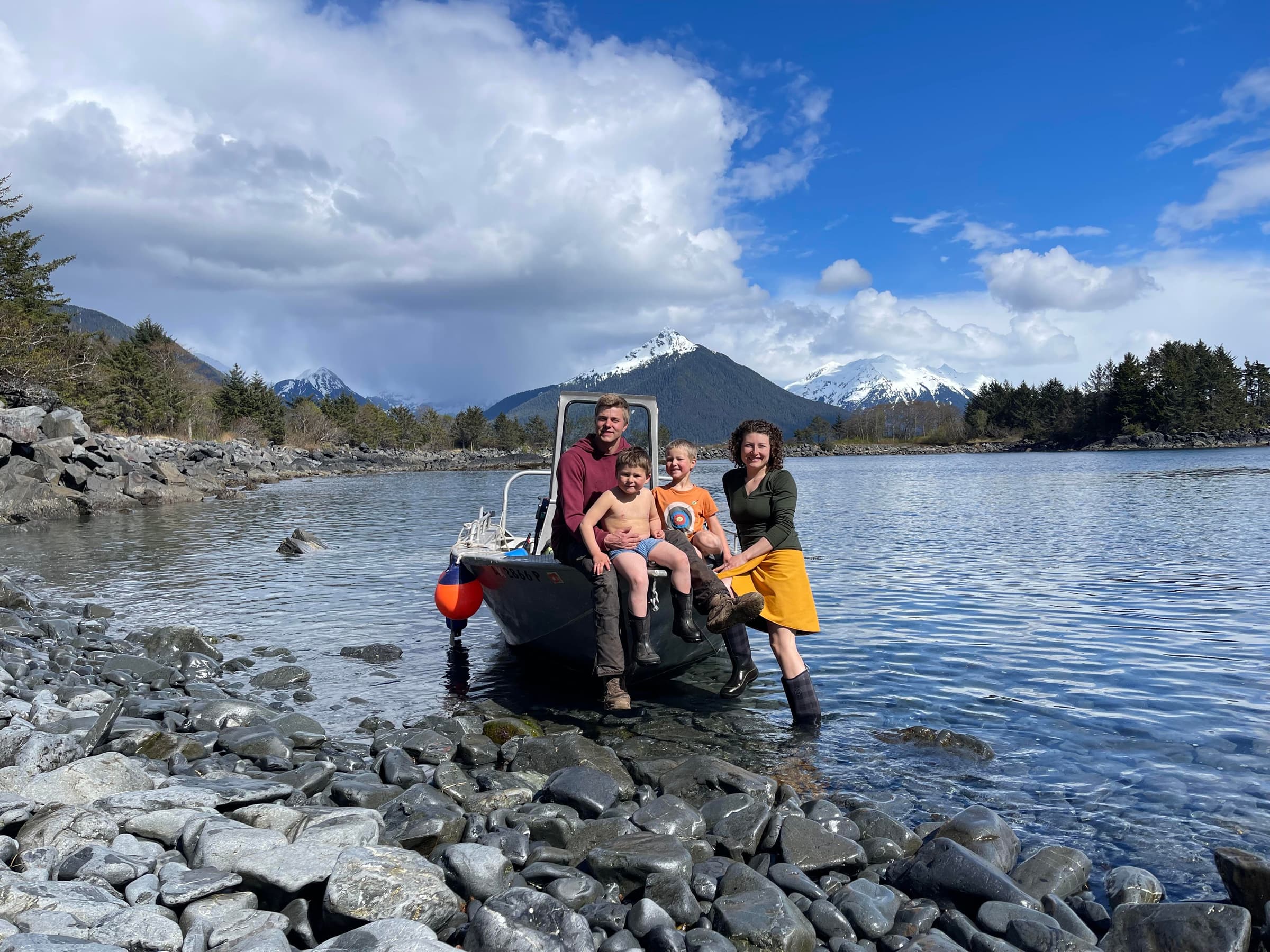
While many aspects of being a fishing mom are unique, others are likely recongizeable to working moms everywhere—like navigating the simultaneous demands of a career and caretaking. Iris and Chris continue to work to find a balance that allows them both to do what they love: in their case, catching fish in Southeast Alaska’s wild places while raising their sons and supporting their lifestyle. Right now, that means Iris often stays in town with the kids while Chris fishes with their deckhand, Cole. “He's been such an integral part of everything . . . they’re just an awesome team,” Iris says of Cole and Chris. Meanwhile, Iris fishes with the kids on the F/V Orion one week at a time, as well as on different Nash family boats, to fufill her desire to be out working on the water while also caring for her sons.
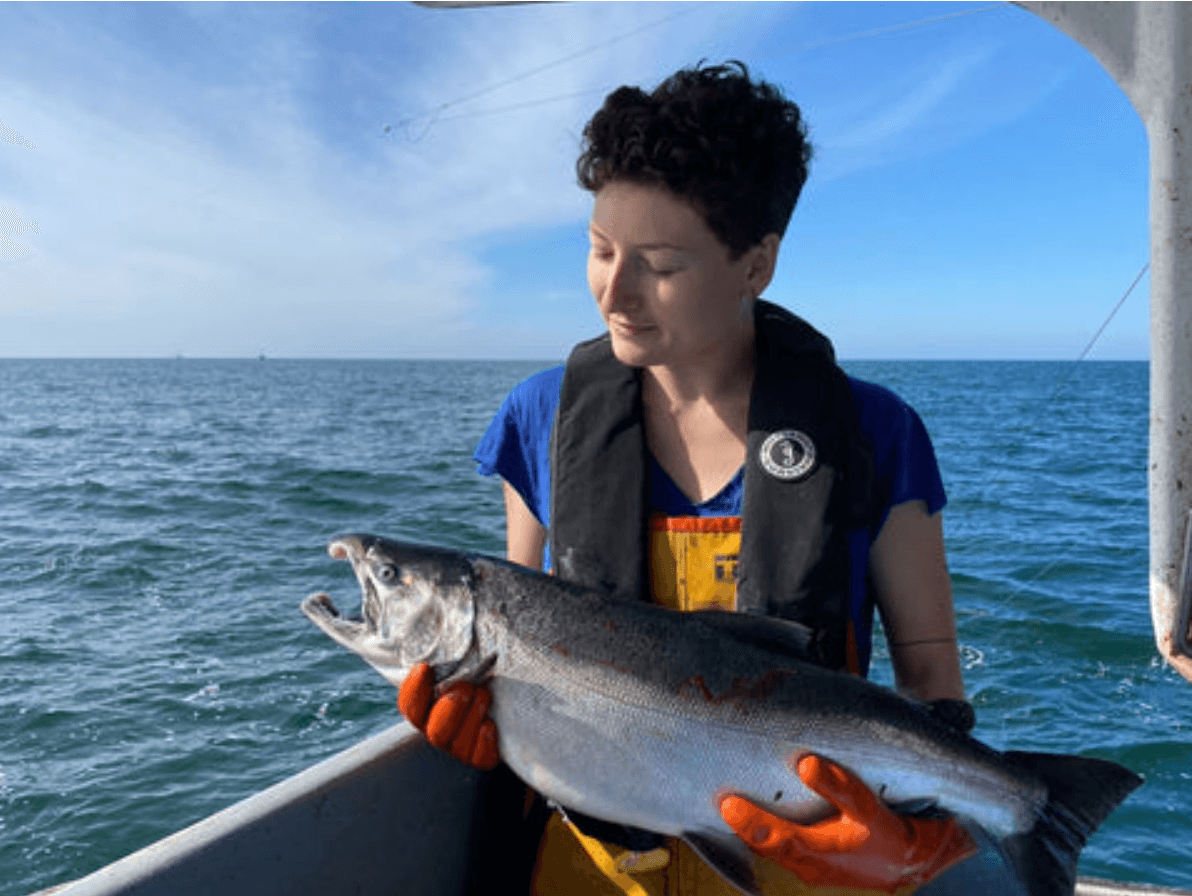
Both fishing and parenting require a mode of attentiveness that is remarkable in its constancy. “When I first started fishing with Chris and his brother,” Iris recalls from a decade before, “I was like, ‘Why do you keep asking me all these mundane questions while I’m in the troll pit? Just let me pull the lines.’” But with time, she learned that the seemingly banal information Chris was asking about was actually important intel that allowed him to strategize how to catch fish. Iris learned how to adapt her fishing tactics according to a multitude of variables such as the tide, catch rates, the other boats around, the weather, and more. Iris reflects that what is so delightful about trolling is that “it’s always the same in that you’re pulling lines all day, but it’s always different.” The key is that the more time you spend observing, the more that you see.
Giving that extra measure of attention, whether it’s to the ocean, to our family, or to the food on our table, is a form of celebrating those things and recognizing the work that goes into caring for them. Supporting a thriving community of small-boat fishermen means supporting fishing moms like Iris who dedicate their lives to their craft as well as to taking care of the next generation of fishermen, the wild place where we live, and the true boss, the fish.
